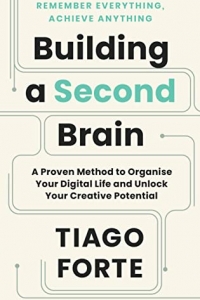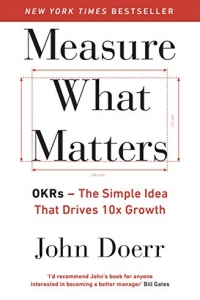The international best-selling phenomenon loved by BARACK OBAMA and BILL GATES in a new and updated illustrated edition
'A hopeful book about the potential for human progress when we work off facts rather than our inherent biases.' BARACK OBAMA
'One of the most important books I've ever read - an indispensable guide to thinking clearly about the world.' BILL GATES
*#1 Sunday Times bestseller * instant New York Times bestseller * Observer 'best brainy book of the decade' * #1 Wall Street Journal bestseller * Irish Times bestseller * Audio bestseller * Guardian bestseller *
FACTFULNESS: the stress-reducing habit of only having opinions for which there are strong supporting facts.
Things aren't as bad as we think. Fact.
When asked simple questions about global trends - why the world's population is increasing; how many young women go to school; how many of us live in poverty - we systematically get the answers wrong. So wrong that a chimpanzee choosing answers at random will consistently outguess journalists, Nobel laureates, and investment bankers.
In Factfulness, legendary statisticians Hans, Anna and Ola Rosling offer a radical new explanation of why this happens, and reveal the ten instincts that distort our perspective.
It turns out that the world, for all its imperfections, is in a much better state than we might think. But when we let the bad news take on outsize proportions instead of embracing a worldview based on facts, we can lose our ability to focus on the things that threaten us most.
Inspiring and revelatory, filled with lively anecdotes and moving stories, Factfulness is an urgent and essential book that will change the way you see the world.










